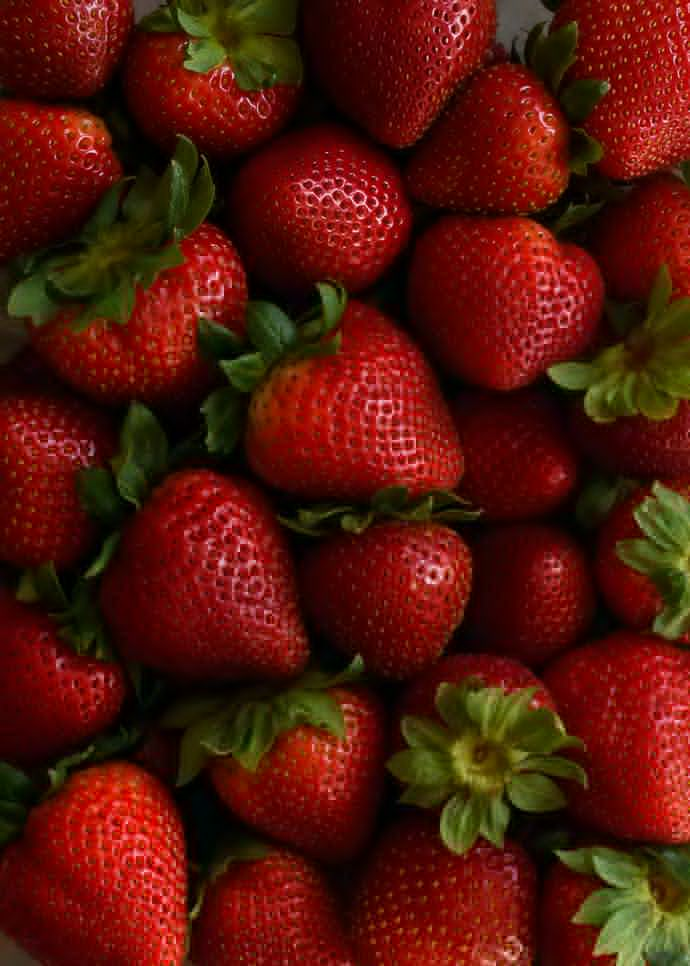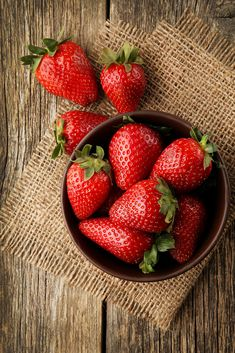In the tapestry of fruits, strawberries stand out as vibrant jewels, both visually appealing and a delight to the taste buds. Beyond their exquisite flavor, strawberries pack a nutritional punch, offering an array of health benefits. Let's explore the allure of strawberries, from their origins and cultivation to the multitude of ways they contribute to our well-being.
Origins and Cultivation:
Strawberries, scientifically known as Fragaria × ananassa, belong to the rose family and have a rich history dating back centuries. Native to Europe and North America, these berries have been cultivated for their sweetness and unique fragrance. Today, they are grown globally in a variety of climates, thriving in temperate regions where they can receive the right balance of sunlight and moisture.
Nutritional Profile:
Despite their small size, strawberries boast an impressive nutritional profile. They are a rich source of vitamin C, manganese, folate, and potassium. The berries are also low in calories and high in antioxidants, particularly anthocyanins, which contribute to their vibrant red hue and offer potential health benefits.
Health Benefits:
Rich in Antioxidants: The antioxidants in strawberries play a crucial role in neutralizing free radicals in the body, helping to reduce oxidative stress and inflammation.
Vitamin C Boost: A single serving of strawberries can provide more than the daily recommended intake of vitamin C, supporting immune function and promoting healthy skin.
Heart Health: Strawberries contain compounds that may contribute to heart health by reducing cholesterol levels and blood pressure.
Weight Management: With their low calorie content and high fiber content, strawberries can be a satisfying snack for those looking to manage their weight.
Versatility in Culinary Delights:
Strawberries are not just a healthy snack; they're versatile ingredients that enhance a myriad of culinary creations. From fresh salads to decadent desserts, these berries add a burst of sweetness and color to any dish. Their natural sweetness makes them a favorite for jams, smoothies, and as toppings for breakfast or desserts.
Cultivating Sustainability:
As we savor the sweetness of strawberries, it's essential to consider sustainable farming practices. Organic and local strawberry farming not only ensures the quality of the fruit but also promotes environmental conservation and supports local communities.
Conclusion:
Strawberries, with their luscious taste and nutritional benefits, are more than just a delightful fruit; they are nature's gift to our health and well-being. Whether enjoyed fresh, blended into a smoothie, or adorning a dessert, strawberries enrich our lives in both flavor and nourishment. As we relish these tiny red gems, let us also appreciate the sustainable practices that ensure the continuation of this sweet symphony of nature.



